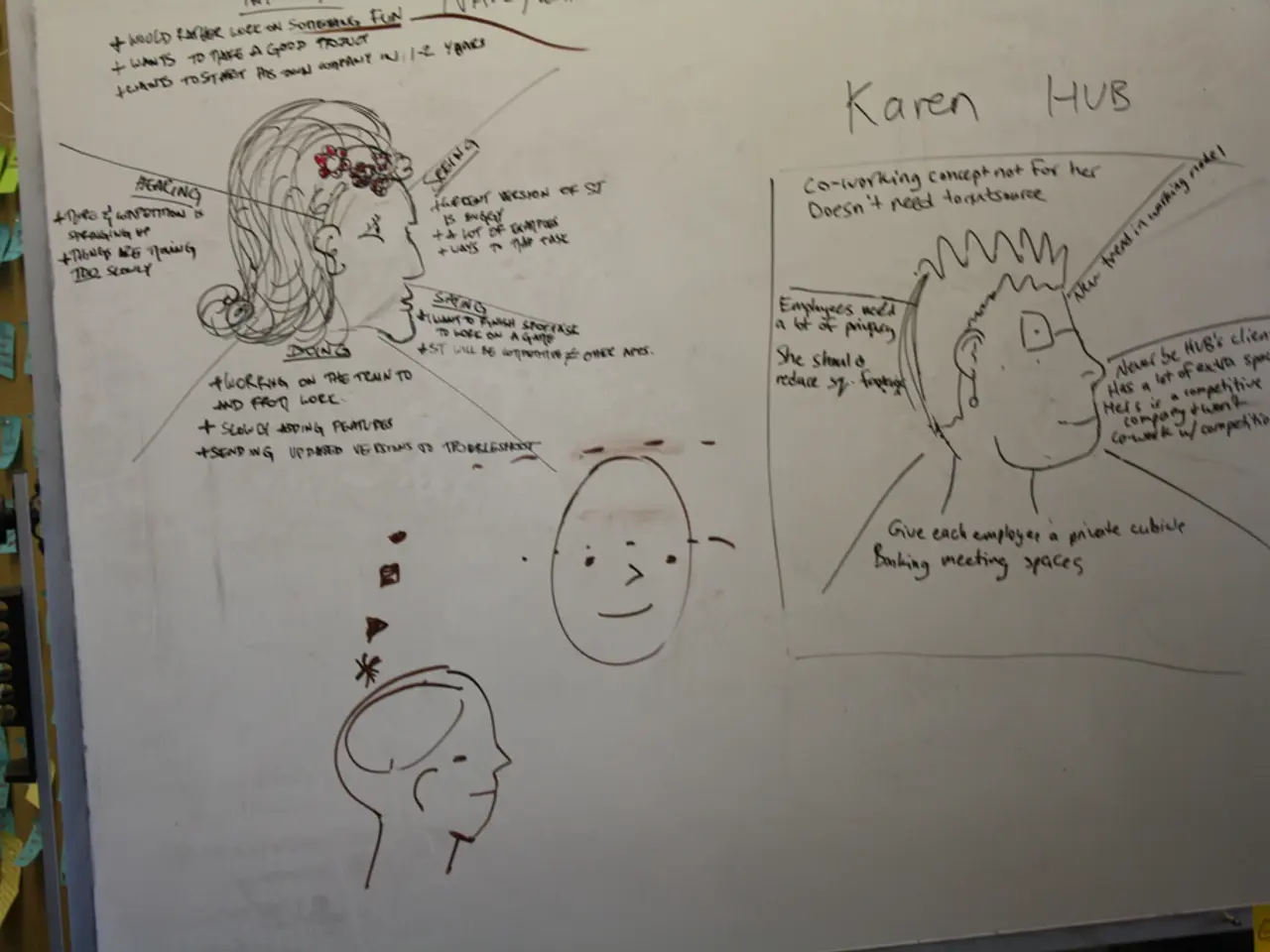Aspiring politician and renowned poet, Amanda Gorman, expresses her ambition to seek the presidency in the year 2036.
In a bold stance against the rising trend of book bans in American public schools, acclaimed poet Amanda Gorman has spoken out, particularly focusing on the case involving her own work. The controversy erupted in 2023 when a parent at an elementary school in Florida lodged a complaint against Gorman's book, *The Hill We Climb*, labelling it as non-educational, containing hate speech, and indoctrinating children. As a result, the school moved the book from the elementary to the middle school shelf, effectively limiting access for younger readers.
Gorman, who gained prominence by reading her poem at Joe Biden's inauguration, expressed her disappointment and frustration at this action, describing it as a "gut punch" that threatens a child's right to read and learn. She emphasised that such bans encroach on freedom, preventing people from absorbing, loving, and enjoying literature at their own level.
The rationale behind these bans often revolves around concerns from parents or groups about the content being inappropriate, ideological, or not age-appropriate for children. However, critics of these bans, including Gorman and organisations like PEN America, argue that these restrictions limit educational opportunities and censor important perspectives, particularly those relating to race, identity, and social issues.
The broader impact of these book bans extends beyond the individual cases. Gorman has called attention to how restricting books based on individual objections undermines collective freedoms in education. This debate around book bans is part of a national conversation about who controls educational content and how diverse voices, such as those of Black poets and activists like Gorman, are represented in school curriculums and libraries.
The controversy over book bans is often politicized, with some arguing that these actions are attempts to limit exposure to challenging or diverse ideas, while others see the bans as efforts to protect children from unsuitable material. The debate extends to what constitutes a “ban” and how books should be categorized or restricted by age or maturity level.
Despite the setback, Gorman remains undeterred. Her new book, "Girls On The Rise," promotes empowerment and resilience for young girls. The book was inspired by her personal experiences and the testimony of Christine Blasey Ford during the Brett Kavanaugh hearings in 2018.
Gorman's experiences may be related to feelings of being unheard as a woman. She felt a sense of responsibility and opportunity to step up from a young age, becoming an activist at around 11 years old after learning about sex trafficking. This sense of being the person in the room speaking her truth and not being heard is a sentiment that resonates in her new book.
Over 10,000 books were banned in America's public schools during the last school year, a statistic that underscores the urgency of the issue. Gorman was on "Meet The Press" to promote her new book, "Girls On The Rise," and to continue the conversation about the importance of free speech, diverse perspectives, and the role of literature in shaping young minds.
Gorman's poem, which was spoken at a presidential inauguration, was considered a moment in history by Gorman. The ban of her poem felt surreal to her because it restricted a child's access to words spoken at a presidential inauguration for their country. Despite the challenges, Gorman remains committed to using her voice to advocate for freedom of expression and the importance of diverse literature in schools.
References: [1] The New York Times. (2023, March 15). Amanda Gorman's 'The Hill We Climb' Banned From a Florida School. Retrieved from https://www.nytimes.com/2023/03/15/books/amanda-gorman-hill-we-climb-banned.html [2] The Washington Post. (2023, March 16). Amanda Gorman on the book bans: 'This is a threat to a child's right to read and learn.' Retrieved from https://www.washingtonpost.com/education/2023/03/16/amanda-gorman-book-bans-interview/
Books like Gorman's "Girls On The Rise" serve as a haven for entertainment and learning about empowerment, offering a fresh perspective on diverse voices in literature. Despite the book ban controversy, Gorman's work, including her acclaimed signature poem, "The Hill We Climb," remains a beacon of entertainment and enlightenment for celebrities and young readers alike, showcasing the potential impacts of censorship on diverse literary content.








